Overdosing on opioids
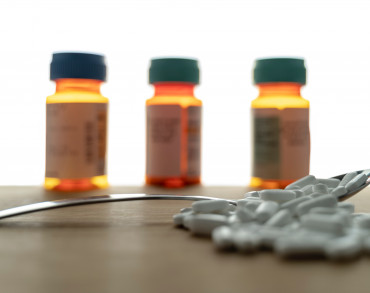

When people take high doses of opioids, it can lead to an overdose, with the slowing or stopping of breathing and sometimes death.
Opioid (oxycodone, morphine, codeine, fentanyl, tramadol, and heroin) overdoses in New Zealand cost lives every year. They account for around 50% of all drug related deaths, but it’s difficult to judge the full scale exactly because of limitations in the way "accidental poisoning" deaths are recorded.
Stay safer by staying informed. Sign up to receive alerts and notifications about any dangerous drugs in NZ. Check out the alerts page to see what we've already found.
What does an opioid overdose look like?
An opioid overdose is characterised by unconsciousness, and slow and ineffective breathing (respiratory depression). It’s not necessarily fatal, but non-fatal overdoses can still bring lasting health consequences and increase the chance of a fatal overdose later.
It can be difficult to recognise an opioid overdose. If you aren’t sure, it is best to treat the situation like an overdose – you could save a life. It’s important that you don’t leave the person alone – ring 111 and ask for an ambulance.
The signs of an opioid overdose include:
- The person's face is extremely pale and/or feels clammy to the touch.
- Their body goes limp.
- Their fingernails or lips have a purple or blue colour.
- They start vomiting or making gurgling noises.
- They cannot be awakened or are unable to speak.
- Their pupils become very small.
- Their breathing or heartbeat slows or stops.
Avoiding an opioid overdose
Be aware that if you’ve used opioids in the past and then stopped or cut down your use for any reason, your tolerance may have reduced. That means you won’t need to use as much to get the same effect.
If you choose to use opioids:
- Avoid using alone. Have a buddy who can help, and call an ambulance, if things go wrong.
- Avoid using it at the same time as other substances, especially other depressant drugs such as alcohol, opioids, GHB/GBL, ketamine, and benzodiazepines, as these can increase the dangerous effects of opioids (for example, slowing or stopping breathing) and the risk of overdose.
- Lower doses are less risky. Start off with a small amount to check how it affects you. In general, swallowing a substance has a slower onset than other methods and means there might be more time to get medical help if needed.
- Have naloxone with you – a drug that can temporarily reverse the effects of an overdose and give you more time to get medical help. Talk to your GP about this. Some pharmacies and needle exchanges stock naloxone it can also be purchased direct from Pharmaco. High potency opioids like nitazenes may require more than one dose of naloxone.
Find out more about nyxoid and naloxone on the NZ Drug Foundation’s website, The Level.
What to do in an emergency
It can be difficult to recognise an opioid overdose. If you aren’t sure whether someone is overdosing, it is best to act like they are. It important to act quickly if you think someone is overdosing as it improves their odds of survival. Call 111 and ask for an ambulance immediately. Don’t leave the person alone.
The signs of an opioid overdose include:
- The person's face is extremely pale and/or feels clammy to the touch.
- Their body goes limp.
- Their fingernails or lips have a purple or blue colour.
- They start vomiting or making gurgling noises.
- They cannot be awakened or are unable to speak.
- Their pupils become very small.
- Their breathing and/or heartbeat slows or stops.
If you think someone is suffering from an opioid overdose:
- Call 111 immediately and ask for an ambulance.
- Don’t panic. Stay calm.
- Keep yourself safe. Watch out for used needles and blood on the bed or floor etc.
- Check if the person is conscious by gently shaking them and calling their name or asking if they’re ok. This may bring the person round.
- If the person does not respond, check whether they are breathing.
- Check their airway. Tilt their head back enough to open their airway. Remove anything from their mouth like food or vomit.
- Are they breathing? Put you ear next to their mouth. Can you feel any breath? Is their chest rising?
- If they are breathing put them in the recovery position.
- If they are not breathing start CPR.
Always tell emergency responders what someone has taken – you won't get in trouble and it could save their life. Check out St John’s helpful first aid guide for dealing with an overdose.
Do you have concerns about your own drinking or drug taking? Reach out to the Alcohol Drug Helpline on 0800 787 797, or text 8681. You'll be able to speak with a trained counsellor who can provide you with helpful information, insight and support. They’re available 24/7, all calls are free and confidential.
Latest Articles
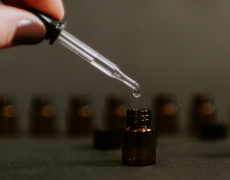
24 Apr 2024
Increased harm linked to the use of GBL-type substances in New Zealand
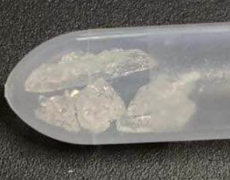
23 Apr 2024
Industrial chemicals sold as methamphetamine
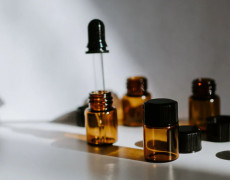
15 Apr 2024
Thinking of using GBL/GHB?
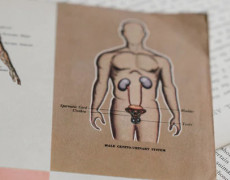
12 Apr 2024
Ketamine and bladder damage – know the risks
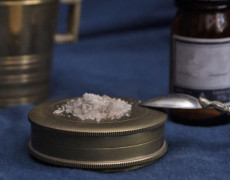
8 Mar 2024
Synthetic cathinones explained
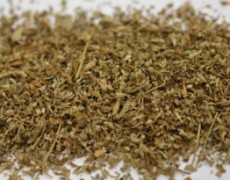
22 Feb 2024
What’s happening with synthetic cannabinoids?

31 Jan 2024
What is tuci?
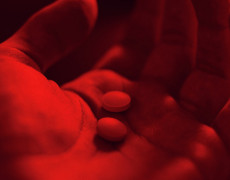
19 Jan 2024
Answering some common questions about MDMA

10 Jan 2024
Understanding the risks of the comedown

5 Jan 2024
Looking after your mental health
